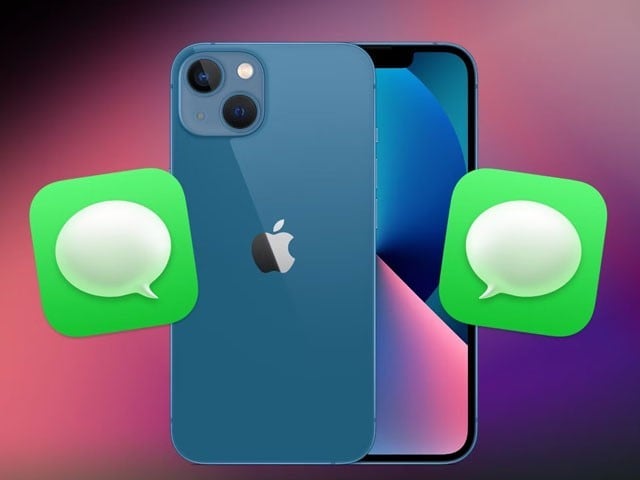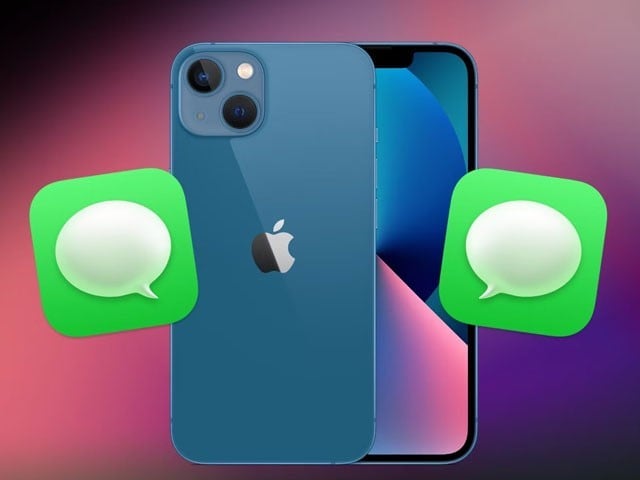
RCS (Reach Communication System) is a modern messaging system on mobile phones. Photo: File
After the introduction of RCS i.e. Reach Communication System, equipped with modern and new features from short messaging system (SMS) to chat with mobile phones, Apple phones said that their mobile phones coming from next year will support this system. .
Apple Phones has confirmed that it will add the RCS messaging standard to new mobile phones coming next year, meaning the phones will no longer have to go through the SMS and MMS system for messaging.
This means that everything from iPhones to non-iOS devices will support the new Rich Communication Services RCS protocol. “We believe the RCS Universal Profile will offer better interoperability than SMS or MMS,” Apple said.
However, the appeal also explained that RCS will work alongside iMessage on mobile phones, the best and most secure form of messaging for Apple users, with new features such as voice memo transcriptions and check-in over RCS. are not available.
Note that with RCS support, messages between Android and iOS devices will be more secure than SMS while sharing high-quality media files.
Google has long criticized Apple for not supporting RCS, arguing that the texting experience between iPhones and non-iPhones is too old to use a pager.
However, Google has now said that it is happy to see Apple supporting RCS. We welcome Apple’s participation in our ongoing work with the GSMA to develop RCS and make messaging more fair and secure.
Note that Rich Communication Services (RCS) provide upgraded rich messaging to mobiles. They have features that let you know when someone is typing.
Also, reading the message will confirm that your message has been read or received. With RCS you can also share large files and high resolution images.
(function(d, s, id){
var js, fjs = d.getElementsByTagName(s)[0];
if (d.getElementById(id)) {return;}
js = d.createElement(s); js.id = id;
js.src = “//connect.facebook.net/en_US/sdk.js#xfbml=1&version=v2.3&appId=770767426360150”;
fjs.parentNode.insertBefore(js, fjs);
}(document, ‘script’, ‘facebook-jssdk’));
(function(d, s, id) {
var js, fjs = d.getElementsByTagName(s)[0];
if (d.getElementById(id)) return;
js = d.createElement(s); js.id = id;
js.src = “//connect.facebook.net/en_GB/sdk.js#xfbml=1&version=v2.7”;
fjs.parentNode.insertBefore(js, fjs);
}(document, ‘script’, ‘facebook-jssdk’));



